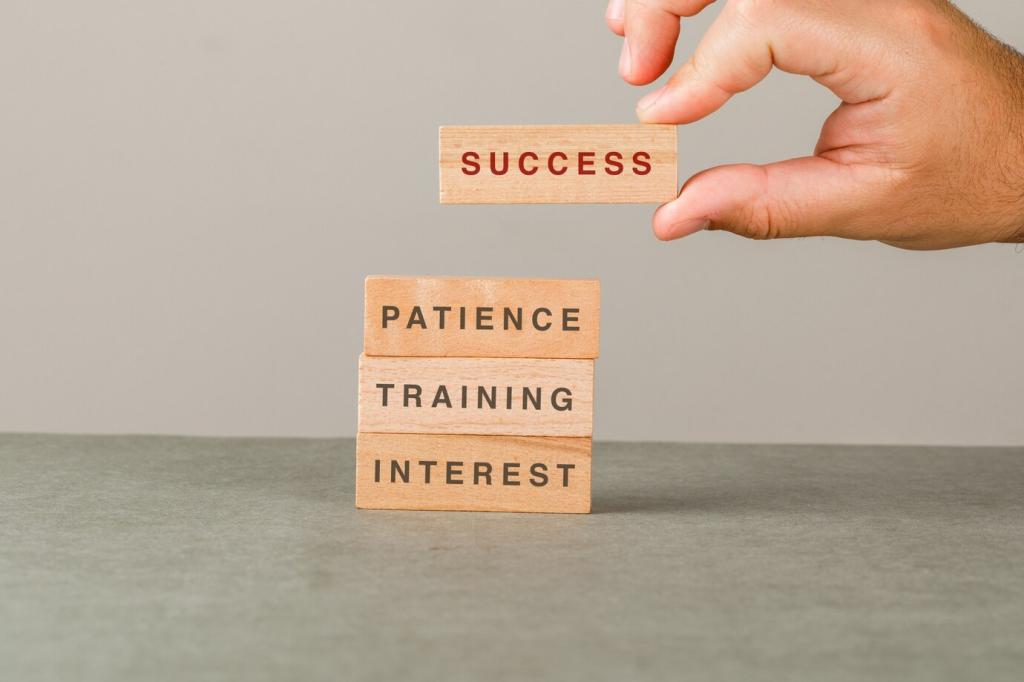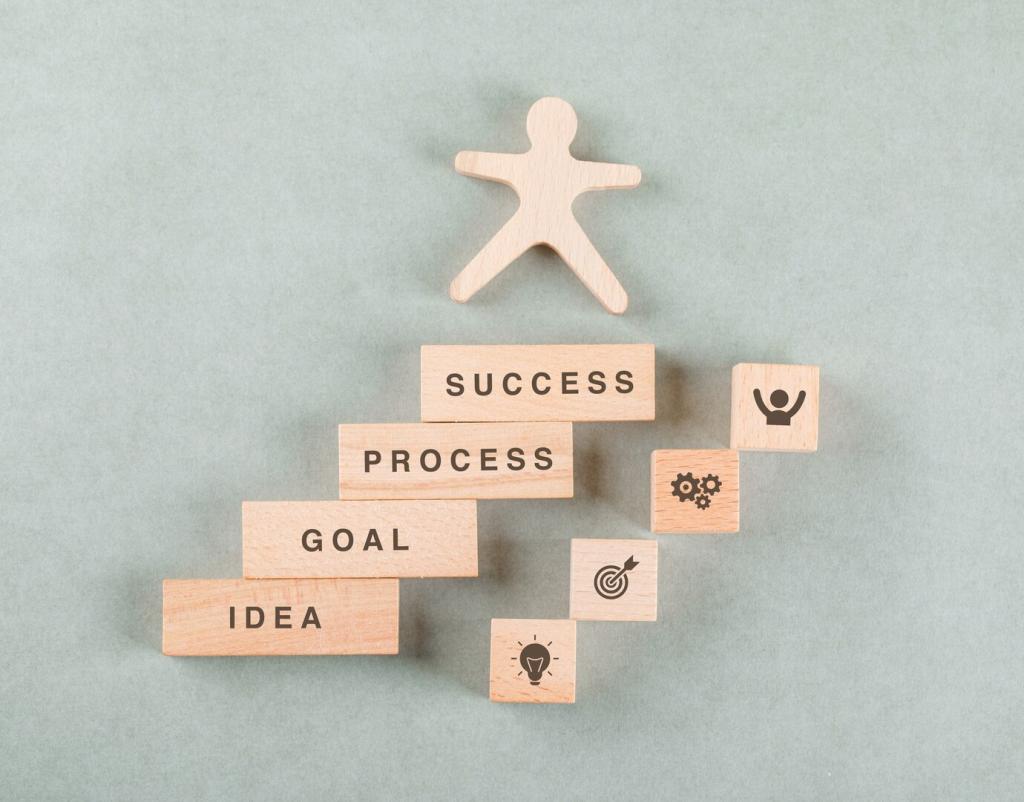This website uses cookies so that we can provide you with the best user experience possible. Cookie information is stored in your browser and performs functions such as recognising you when you return to our website and helping our team to understand which sections of the website you find most interesting and useful.

The Role of Behavioral Science in Effective Personal Growth Coaching
Behavioral science has revolutionized the domain of personal growth coaching by offering scientifically backed frameworks, methods, and techniques that enhance self-understanding and foster sustainable change. By investigating the mechanisms behind why we think, feel, and act the way we do, behavioral science empowers coaches and clients alike to identify limiting patterns and embrace constructive habits. Integrating insights from psychology, neuroscience, and habits research, personal growth coaches guide clients through a process of self-discovery, motivation, and long-term transformation. This web page explores the important role that behavioral science plays in making personal growth coaching more structured, impactful, and individually tailored, leading to more meaningful and lasting results.
Foundations of Behavioral Science in Coaching
Understanding Human Behavior
Applying Habit Formation Science
Leveraging Positive Psychology
Enhancing Self-Awareness and Emotional Intelligence
Developing Self-Insight
Building Emotional Regulation Skills
Strengthening Interpersonal Awareness
Fostering Motivation and Sustainable Change


